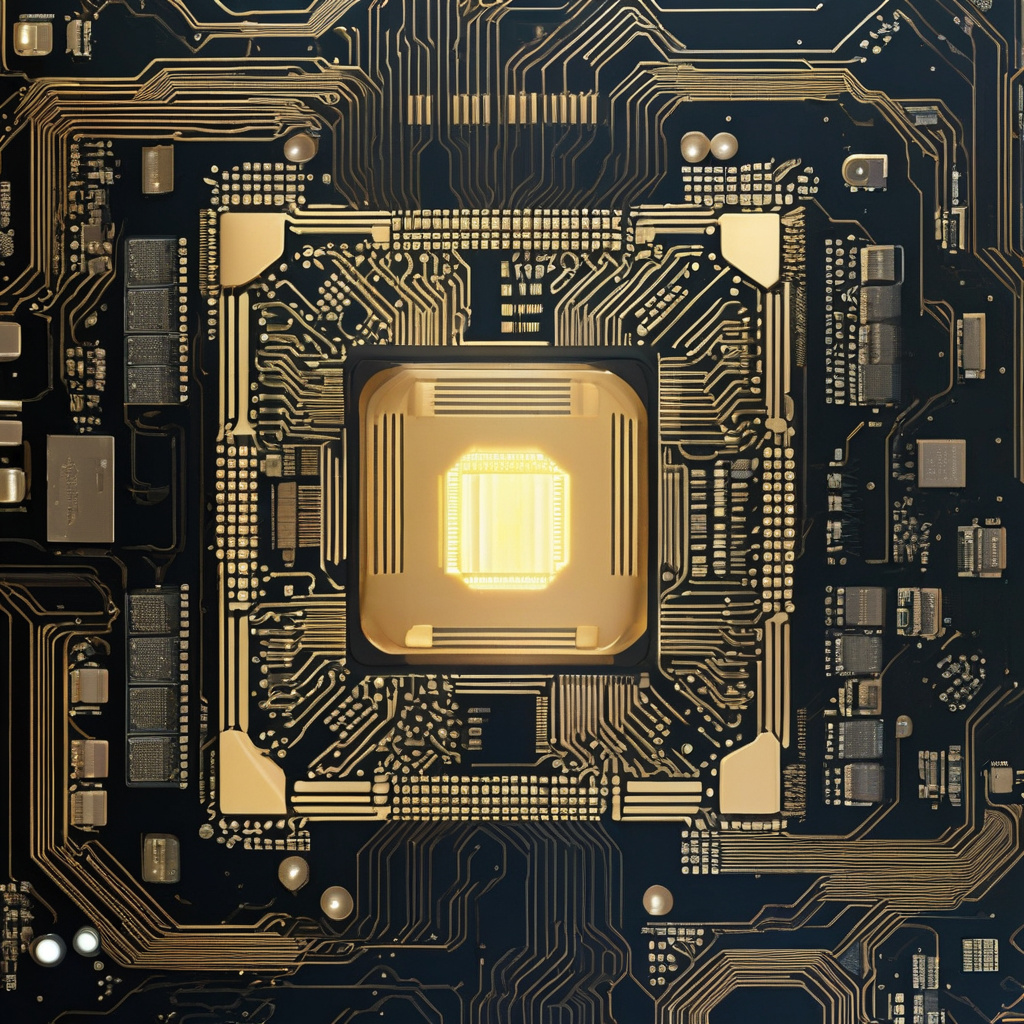New Light-Based Chip Pushes AI Tasks 100-Fold While Cutting Electricity Use
Artificial intelligence is becoming a backbone of modern technology, from facial recognition to translation apps. As AI continues to advance and expand its capabilities, the demand for more powerful and energy-efficient hardware to support these tasks is growing exponentially. In response to this need, researchers have developed a groundbreaking light-based chip that promises to revolutionize the field of AI by boosting performance while drastically reducing electricity consumption.
Traditional computer chips rely on electrical signals to process and transmit information, which can lead to significant energy consumption, especially when handling complex AI tasks. In contrast, light-based chips use photons to perform computations, offering a faster and more energy-efficient alternative to conventional silicon-based processors. By harnessing the power of light, these chips can accelerate AI algorithms by up to 100 times while consuming a fraction of the energy required by traditional hardware.
One of the key advantages of light-based chips is their ability to carry out multiple operations in parallel, thanks to the high-speed nature of light. This parallel processing capability is particularly beneficial for AI applications, which often involve handling massive amounts of data simultaneously. By leveraging light-based computation, AI systems can process information more efficiently, leading to faster response times and improved overall performance.
Moreover, the use of photons instead of electrons in light-based chips reduces heat generation, further enhancing their energy efficiency. Excessive heat not only wastes energy but also poses thermal management challenges in AI systems, limiting their scalability and reliability. With light-based chips, researchers can overcome these limitations and pave the way for more powerful and sustainable AI technologies.
The development of the new light-based chip represents a significant milestone in the field of AI hardware, offering a glimpse into the future of computing. By pushing the boundaries of traditional silicon-based processors, this innovative technology has the potential to unlock new possibilities for AI applications across various industries. From autonomous vehicles to medical diagnostics, the enhanced performance and energy efficiency of light-based chips can drive innovation and accelerate the adoption of AI-driven solutions.
In addition to its technical advantages, the implementation of light-based chips can also have a positive environmental impact by reducing electricity consumption. As the global demand for computing power continues to rise, the energy efficiency of hardware solutions becomes increasingly crucial. By utilizing light-based chips in AI systems, companies can not only improve performance but also contribute to sustainability efforts by lowering their carbon footprint.
As researchers continue to explore the potential of light-based chips in AI applications, the future of computing looks brighter than ever. With advancements in hardware technology driving progress in artificial intelligence, we can expect to see a new era of innovation and efficiency in the digital landscape. By harnessing the power of light to propel AI tasks forward, we are moving towards a more sustainable and intelligent future.
light-based chips, AI tasks, energy efficiency, computing power, innovation












